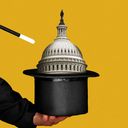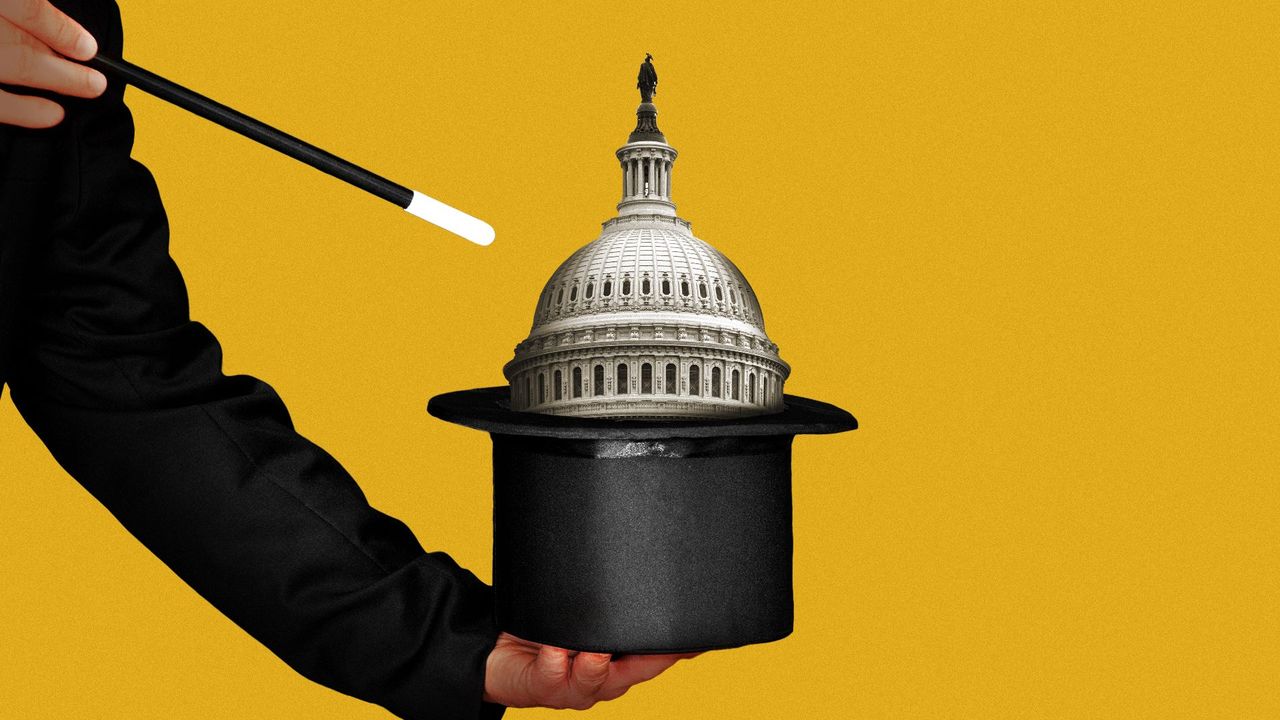Biden signs bill funding government through March, averting shutdown
President Biden signed a three-month stopgap funding measure into law on Saturday after Congress acted at the last minute to avert a government funding lapse.
Why it matters: Both chambers of Congress passed the measure in a flurry of activity late Friday and into Saturday morning, capping a chaotic week on Capitol Hill that demonstrated President-elect Trump's influence over lawmakers.
- The House and Senate hours earlier passed the measure by overwhelming margins.
- The funding agreement runs through March 14 and also includes a one-year Farm Bill extension and over $100 billion in disaster relief for hurricane-ravaged areas.
What he's saying: "This agreement represents a compromise, which means neither side got everything it wanted," Biden said in a statement.
- "But it rejects the accelerated pathway to a tax cut for billionaires that Republicans sought, and it ensures the government can continue to operate at full capacity."
- "That's good news for the American people, especially as families gather to celebrate this holiday season," the president added.
The big picture: Trump blew up an initial bipartisan agreement earlier this week, demanding that Congress also raise the debt limit before the end of the year.
- That led to a revised bill that would have suspended the debt limit for two years.
- That measure failed spectacularly in the House on Thursday night, and the debt limit provision was nixed.
Go deeper: Jeffries' plan to kill the debt ceiling forever
Editor's note: This story has been updated with a statement from Biden.







